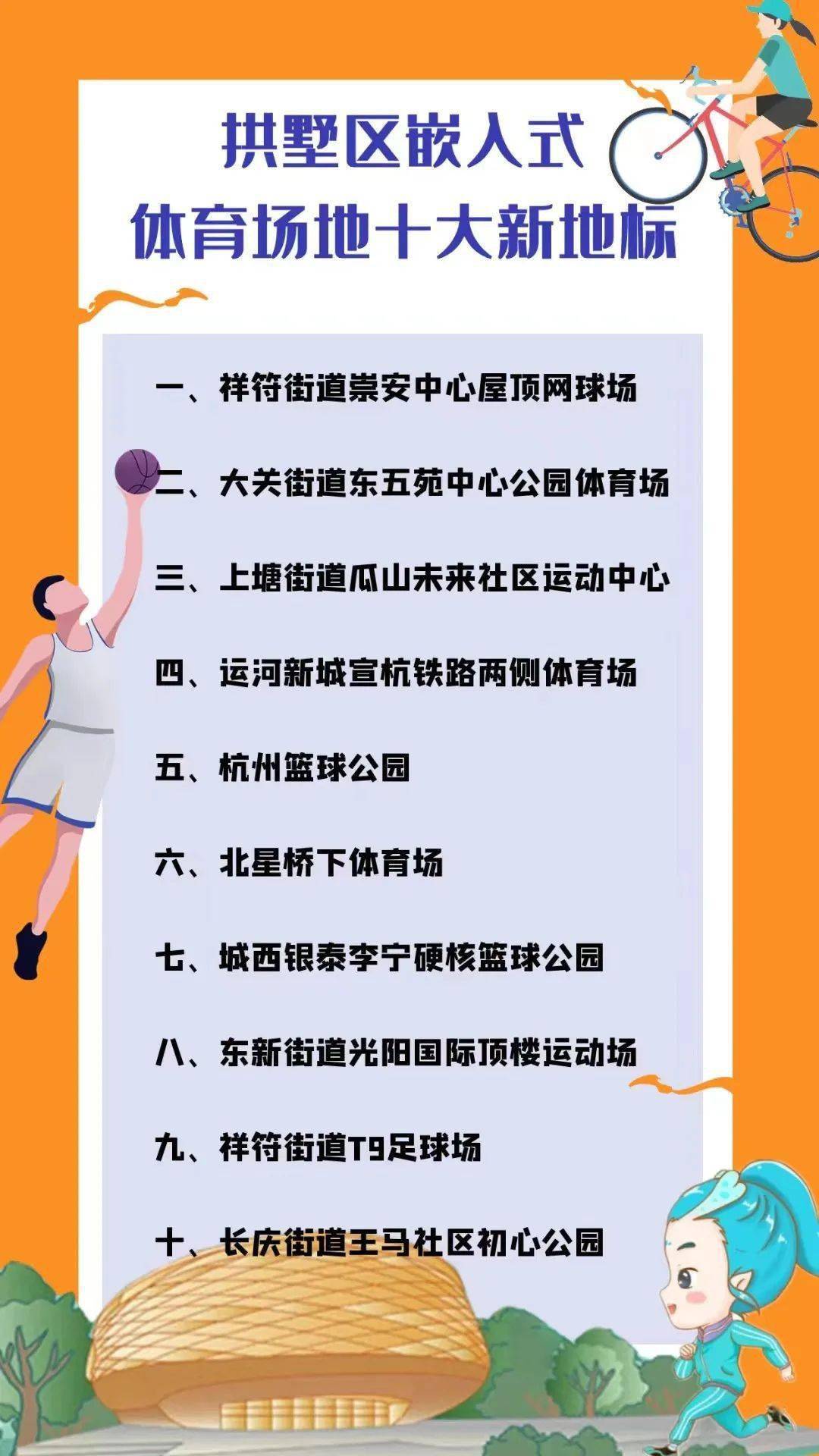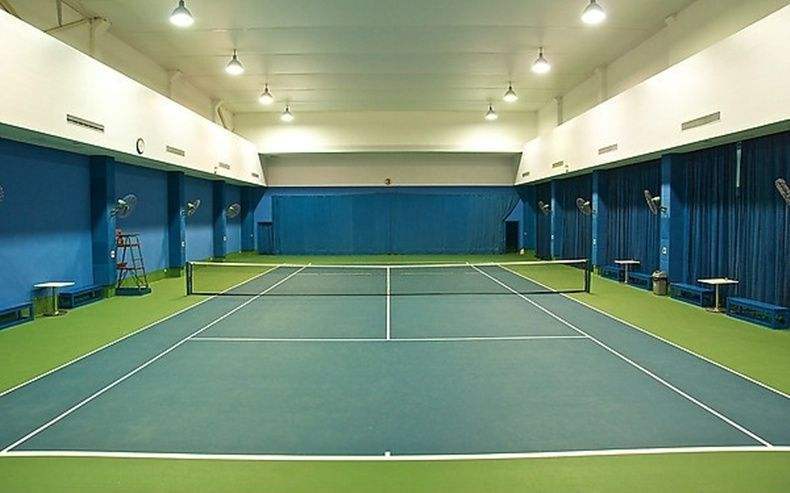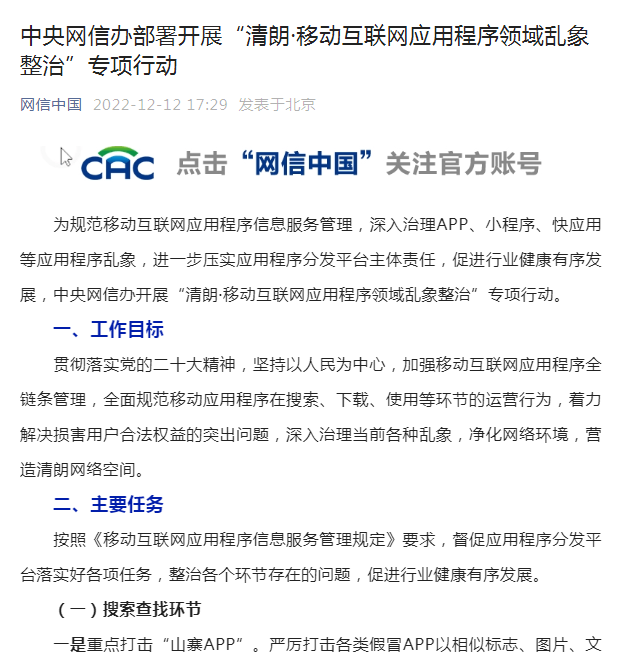talent的单复数问题
今天我们要讨论的是talent的单复数问题。
在这之前,我们先来看这样两个句子:
1、He’s got lots of talent. 他天赋很高。
2、She has everything: beauty, talent, children. 她拥有一切:美貌、才干和子女。
3、The player was given hardly any opportunities to show off his talents.
那位选手几乎没有得到什么机会展示自己的天赋。
同样表达“天赋”的含义,为什么有的句子用单数,而有的句子里却要用复数呢?
为了找出这个问题的答案,我们首先看一下这个词语的英文释义(摘自林格斯):
talent n.
1)Talent is the natural ability to do something well. 天赋、天资
2)Person or persons who possesses the natural ability. 天才
3)members of the opposite sex collectively, esp those living in a particular place;the local talent
<旧、非正式>性感的人、富有魅力的人
4) any of various large units of weight or of money (the value of a talent weight in gold, silver, etc.) used in ancient Greece, Rome, the Middle East, etc. 古代的一种计量单位,可用来计重量或作为货币单位
那么,talent在什么情况下用单数,什么情况下用复数呢?
1)表达“天赋、天资”之意时,它既可以作可数名词,也可以作不可数名词。
talents:多种天赋 talent:某一特定的天赋
例句:She is proud that both her children have a talent for music.
她为自己的两个孩子都有音乐天赋而自豪。
The player was given hardly any opportunities to show off his talents.
那位选手几乎没有得到什么机会展示自己的天赋。
a man of many talents 多才多艺的人
a talent for something/doing something 有某事的/在某事上有天赋
to waste one’s talent(s) 浪费某人的才智
2)表达“天才、人才”之意时,它既可以作可数名词,也可以作不可数名词。
talents:persons talent:泛指“天才、人才”概念,或特指某人
例句:We have a wealth of musical talent in this region.
在这一地区有大量的音乐天才。
young talent 青年才俊
fresh or new talent 新锐
talent flow 人才流动(泛指)
3)表达“性感的人、富有魅力的异性”时,它只可以作不可数名词。
to eye up the local talent 色眯眯地打量本地妞
4)表达“计量单位”时,a talent表示一个计量单位。
因此,在文章开头的例句中,例1中虽然是lots of talent,但这句话强调的是他有很高的天赋,而并非他有很多种天赋,所以用单数。
例2中She has everything: beauty, talent, children. 这句话里的talent和beauty一样,都是一种泛指的概念,所以用单数。
例3中用talents的目的是为了说明这位选手有多种天赋,talent也没错。













